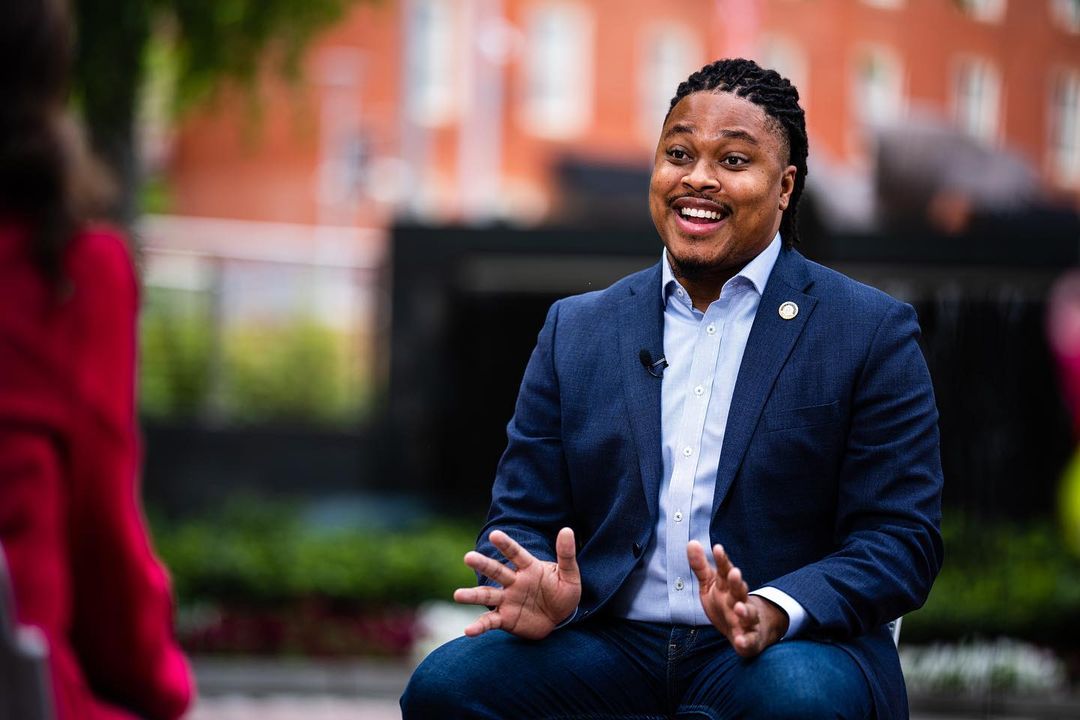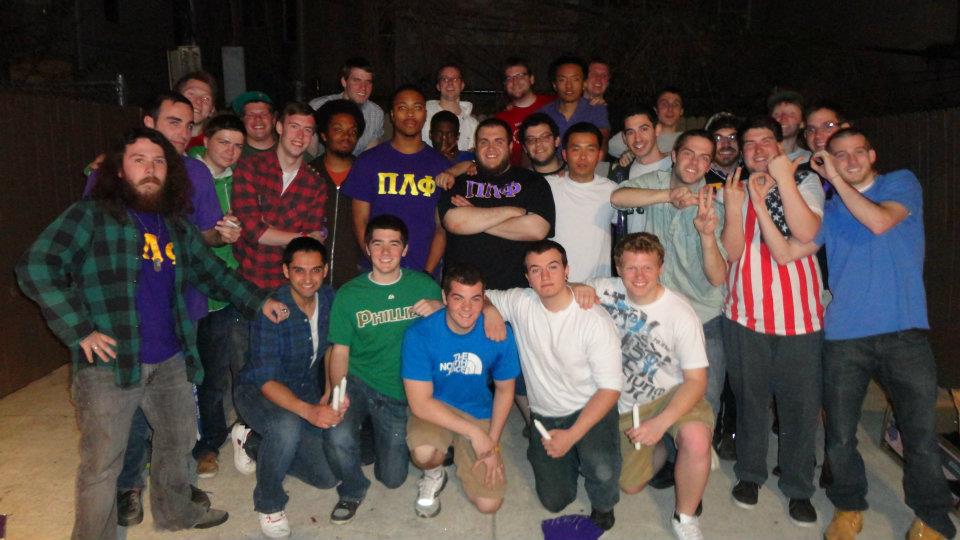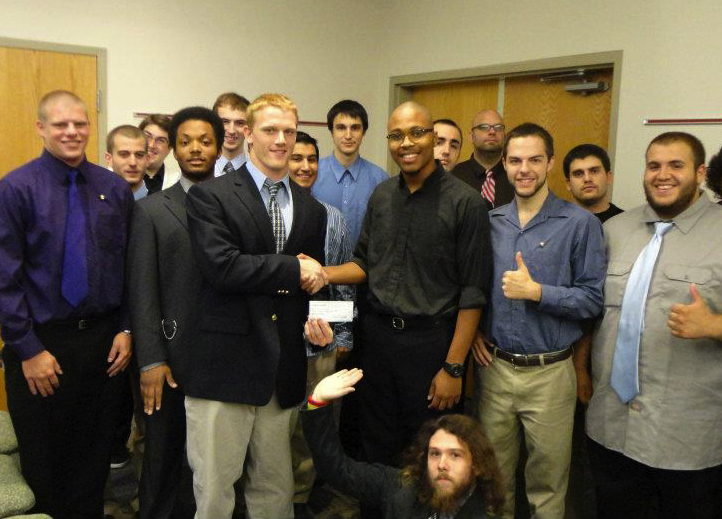
Rep. Malcolm Kenyatta shares his stories for the History of Pi Lambda Phi
PA Representative Malcolm Kenyatta, Temple ’12, has been called a rising star in the Democratic party and recently announced his bid for the U.S. Senate. But before his meteoric political rise, we suspect he was also called some other choice names by new members of the Temple Pilam chapter. As the new member educator, he relentlessly challenged them to excel, be accountable, and embody the ideals of the fraternity.
Malcolm generously took time from his busy campaign schedule to share his experiences as a Pilam brother, and its influence on his life for the Alumni History Collection Project.
Excerpts from Kenyatta’s Interview:
What made you want to join Pilam?
“The Creed. Ideas are incredibly powerful. And the idea that we treat everyone with a level of decency and kindness — that was an incredible draw. We spent a very hot summer in Philly at the old house painting the Creed on the ceiling.”

You joined when the Temple chapter was in transition and became a refounding father. What was that like?
“The idea of being in at the start and building something from the ground up was very compelling. I wound up building strong relationships with brothers that I probably would have never engaged with otherwise… folks who are now some of my closest friends.”
As new member educator, you made quite an impression. One of your former pledges said, “you would run through a wall for that guy after a meeting.” What was your message to them?
“It’s about being very clear where the bar is in terms of what you want folks to do and accomplish, then raising the bar higher. It was very important to me that they take it very seriously because I took it very seriously. A lot of them hated me at the time. I held them accountable to not just memorizing the history and the Creed, but to embody it in their lives.”
You were once quoted in the Temple Times about the social and service aspects of fraternity, saying, “We want to show people that, yeah this guy drinks a beer, but he has a purpose.” What did you mean by that?
“There is this view that fraternities are nothing more than a social and drinking club. But there was much more to us than that, and we were driven by a belief that we can do more together than alone. We were all grounded in a shared commitment to the things that we pledged to be a part of. That commitment looks like helping folks… lending a hand through hard times, showing up for a non-profit we supported or participating in a block clean-up. It’s important that folks see the duality. Certainly, it’s about having fun, but it’s not mindless.”
Do you think you were destined to be a politician?
“I grew up not far from Temple and it was incredibly tough. We didn’t have a lot, and my parents worked incredibly hard, but we were just always on that treadmill of poverty. So, I’ve always been driven by challenging that inequality. For me, my genesis into politics was that I was really poor and upset about it. Now I have an opportunity to not just be upset about it, but to actually build something.”

What influenced your political aspirations?
“I love my neighborhood. You don’t always get the opportunity to grow up somewhere, go to university in the neighborhood, and then come back and have the opportunity to run for office. It was one of those moments where I was either going to be on the outside looking in, talking about things I wanted to see people do, or use as an opportunity to take into public office.”
Fast Facts
Driving around the country and presenting to large groups of people at Convention while serving as an IHQ staff member was good training for the grind of a political campaign.
Malcolm received the Rafer Johnson Upsilon Award which is the highest undergraduate award for excelling in academics, community, collegiate, and chapter involvement. Though honored that he was a recipient of the Rafer Johnson Upsilon Award, he is self-admittedly a terrible athlete.
Who makes the best cheesesteak in Philly? Max’s
Article written by Shawn Mahoney (Temple University ’92)


